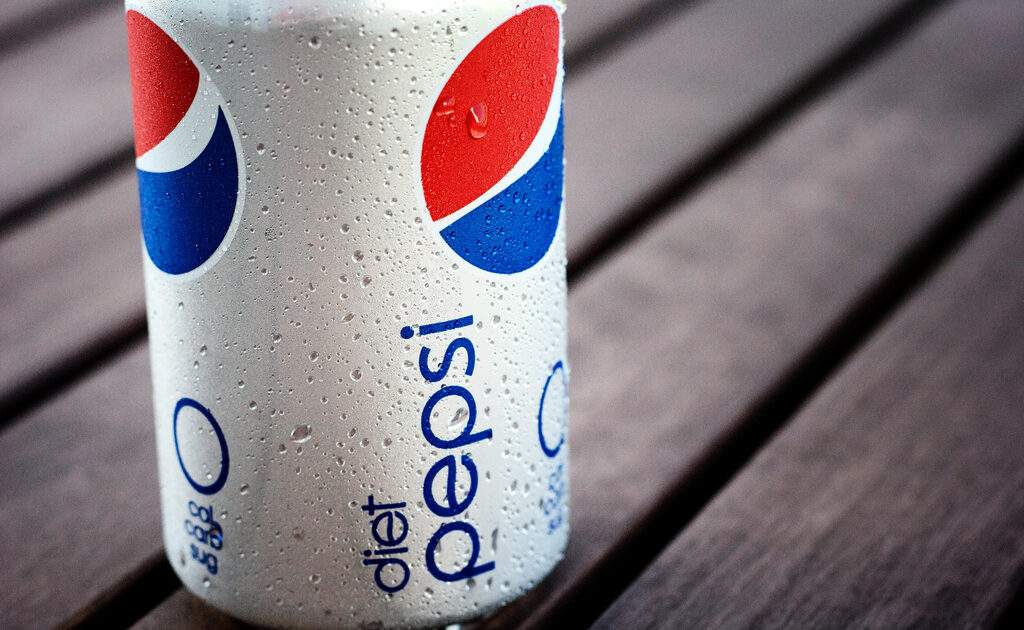Artificial Sweeteners Have Real Impact on Diabetes Risk

More bad news for the soda industry. While consumers are laying off the sugary stuff in record numbers, there’s now more reasons to avoid artificial sweeteners in diet sodas as well, according to new research.
Turns out artificial sweeteners may impact gut bacteria behavior, and in some cases, lead to glucose intolerance, which can be a precursor to type 2 diabetes. In other words: those diet sodas you’ve been drinking to avoid developing diabetes from too much sugar in regular soda, may actually be making you more prone to it anyway.
The study, published in the journal Nature, looked at common artificial sweeteners including saccharin, sucralose and aspartame. The researchers looked at the effects of the sweeteners on mice and human subjects, with findings that fly in the face of what we thought artificial sweetners do in the body. In the mice experiment, “genetic analysis revealed that the composition of the gut bacteria in mice had indeed changed after exposure to the artificial sweetener — some types of bacteria became more abundant, while others shrank,” reports the Los Angeles Times. And in the human study, more than 50 percent of the subjects “developed an impaired glycemic response by the end of the week, meaning they lost some of their ability to metabolize sugar.”
“We are by no means prepared to make recommendations about the use and dose of sweeteners, but these results should prompt additional study and debate on the massive use of artificial sweeteners,” Eran Segal a computational biologist at the Weizmann Institute of Science in Israel and a senior author of the paper told the Times.
More research is needed on human subjects, and whether or not glucose intolerance from the artificial sweeteners lead to diabetes is still unclear, but the results do warrant using caution with artificial sweeteners.
“Our microbiota have co-evolved with us over millennia, but they are not evolved for a McDonald’s diet, or consistent antibiotic use,” Cathryn Nagler, who studies the microbiome at the University of Chicago told the Times. “Now, I would say we could add artificial sweeteners to this list.”
Find Jill on Twitter @jillettinger
Related on Organic Authority
Artificial Sweeteners Are Sabotaging Your Weight Loss Plan
Artificial Sweeteners in Kids’ Milk? Dairy Group Hopes So
Artificial Sweetener Splenda Goes From “Safe” to “Caution” Rating
Image: jacreative

